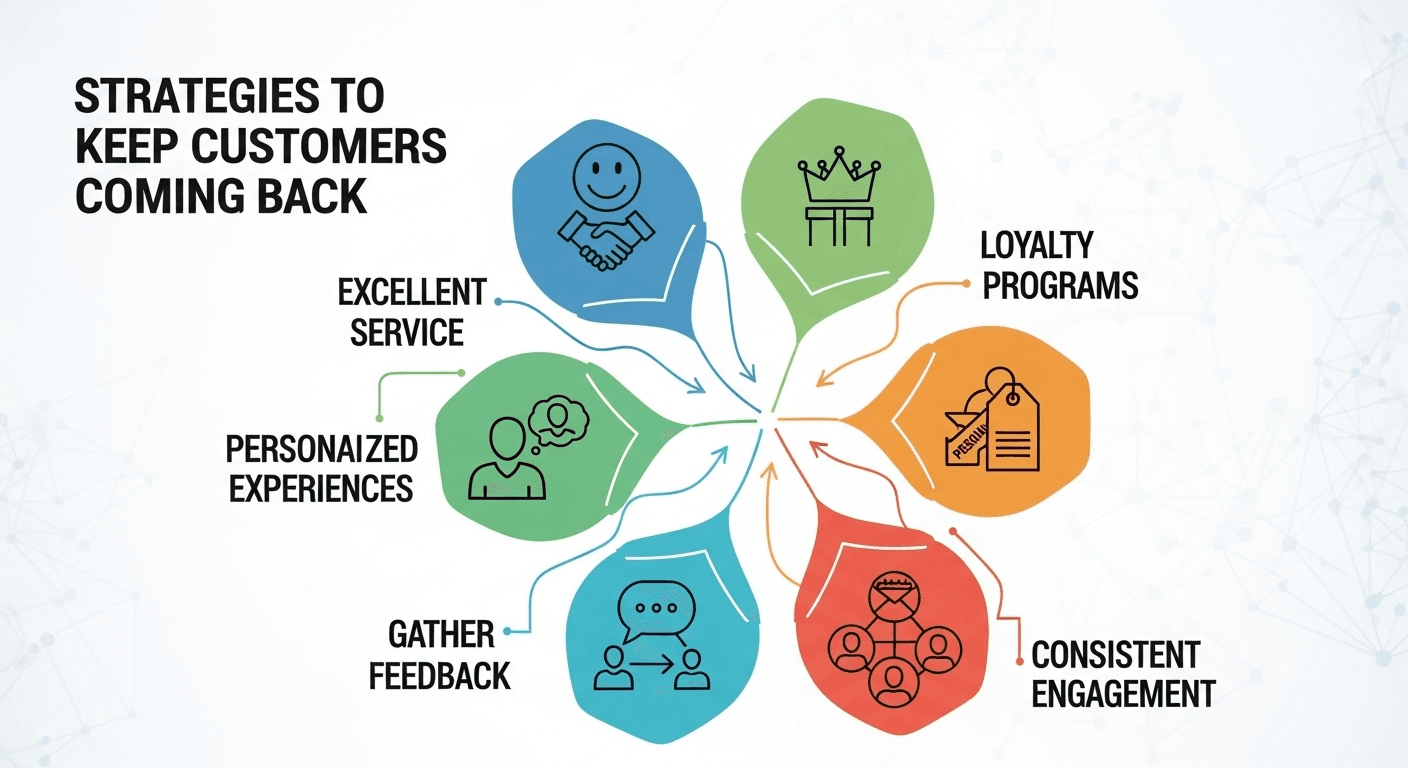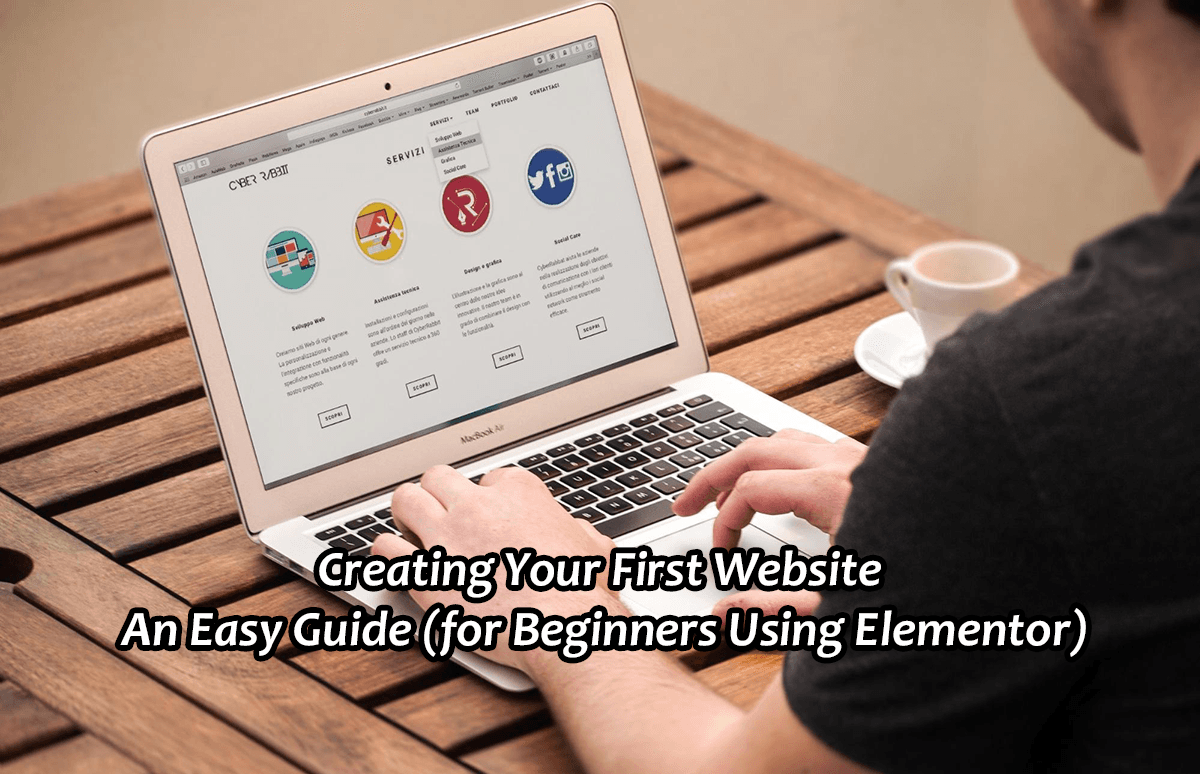The world is your marketplace! E-commerce is the gateway to reaching a vast and diverse international audience. This brings in the need to optimize your website to comply with the multilingual audience’s demands and preferences. Though it’s challenging, the availability of certified ecommerce translation services makes it easy for you. Let’s look at the tips and tricks on how you can optimize your website and ensure global success:
Identify Your Target Audience
Identifying the target audience in their region is just the first step. If your target region is France, it is understood that your audience’s language is French. But, do you know the shopping habits of French people? What kind of stuff do they like? How do they search for new things on the internet?
So, when we say identify your target audience, it means that you need to gain a deeper insight into their behaviors and preferences. For example, Qwant and Exalead are the top two search engines used in France. Therefore, you need to optimize your website accordingly and make it accessible to French users on their preferred search engines.
Moreover, according to a Statista survey report, 72% of marketers prefer to shop from websites available in their native language. Even though English is a global language, it isn’t spoken by the whole world.
Identifying your target audience expands your reach and enhances audience engagement. You can use analytic tools for deeper market research and social media insights. It will help you identify the regions where your products and services could find the most traction.
Before going any further, search a query on Google entitled “Best way to optimize your e-commerce website.” Open the first few links and take a quick glance. One common tip that you will find on every page is to prioritize linguistic and cultural nuances. Because language and culture are like the way of life followed by a large number of people (nations).
Now, tell me, can you captivate anyone without it? No! So, adapt your website content to resonate with your target audiences. You don’t know how to navigate diverse languages and cultures. That’s not a problem at all. There are professional website translation services available. All you need to do is share your website content file with them, share your requirements, and receive a perfectly localized website.
Build a Rigorous SEO Strategy
Imagining a website without SEO is like a puzzle missing its final piece. While creating web pages and product descriptions, make sure to add region-specific keywords to the content. In other words, localize your SEO content by adding the keywords or queries your audience searches for on the internet.
The process is simple. You can use different keyword-searching tools to get a list of the top industry-relevant keywords and integrate them into your content. Adapting your SEO strategy to multiple languages helps your e-commerce site rank higher in local search engine results.
Well, nothing good comes without challenges. So, keep in mind that managing multiple languages presents technical challenges in content management and SEO. For better handling, you can acquire professional help from expert translators to enhance website results and improve performance by 100%.
Adapt Your Website Design to Diverse Markets
This is where most e-commerce websites fail to gain success. Adapting the content and keywords isn’t enough. To retain customers and encourage them to shop from you, localize your website’s design as well. In each country, buyers have specific navigation preferences.
For example, French people prefer to search through the navigation menu, while the US audience looks for information on their mobile phones using the search bar. Therefore, it is crucial to design your website according to the audience’s preferences, including colors, iconography, and images.
Pay Attention to Local Regulations
In the global e-commerce landscape, every country has its own specific set of rules and regulations, from data protection law to consumer rights. Therefore, you cannot ignore the importance of localizing these legal regulations, as it builds customer trust and prevents any legal issues. To create a flawless e-commerce website, emphasize clear terms of service, privacy, and return policies that meet local legal standards.
Moreover, stay informed about the ever-evolving legal landscape in every region you operate in. Consulting with legal experts in the target regions and partnering with a professional translation company for your legal documents ensures accuracy and compliance.
Along with keeping you up to date, they help you be transparent about how you can handle customer data, reinforcing trust and adherence to local e-commerce laws.
Offer Localized Customer Service
One thing that can give you a competitive edge over other e-commerce websites is after-sales localized customer service. It is a significant aspect that shows respect for your customers and their needs. Moreover, they feel valued and understood.
Therefore, provide live chat, phone support, and even social media interaction in your target audience’s local language, as it helps you enhance customer satisfaction and loyalty.
The world is going global, and so are businesses. Creating an e-commerce website opens doors to a huge international consumer base that provides opportunities to shine in the global market. Using the above-mentioned tips, you can easily optimize your website and gain the attention of global customers while navigating diverse languages, cultures, and local legal requirements.




